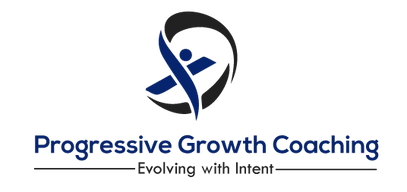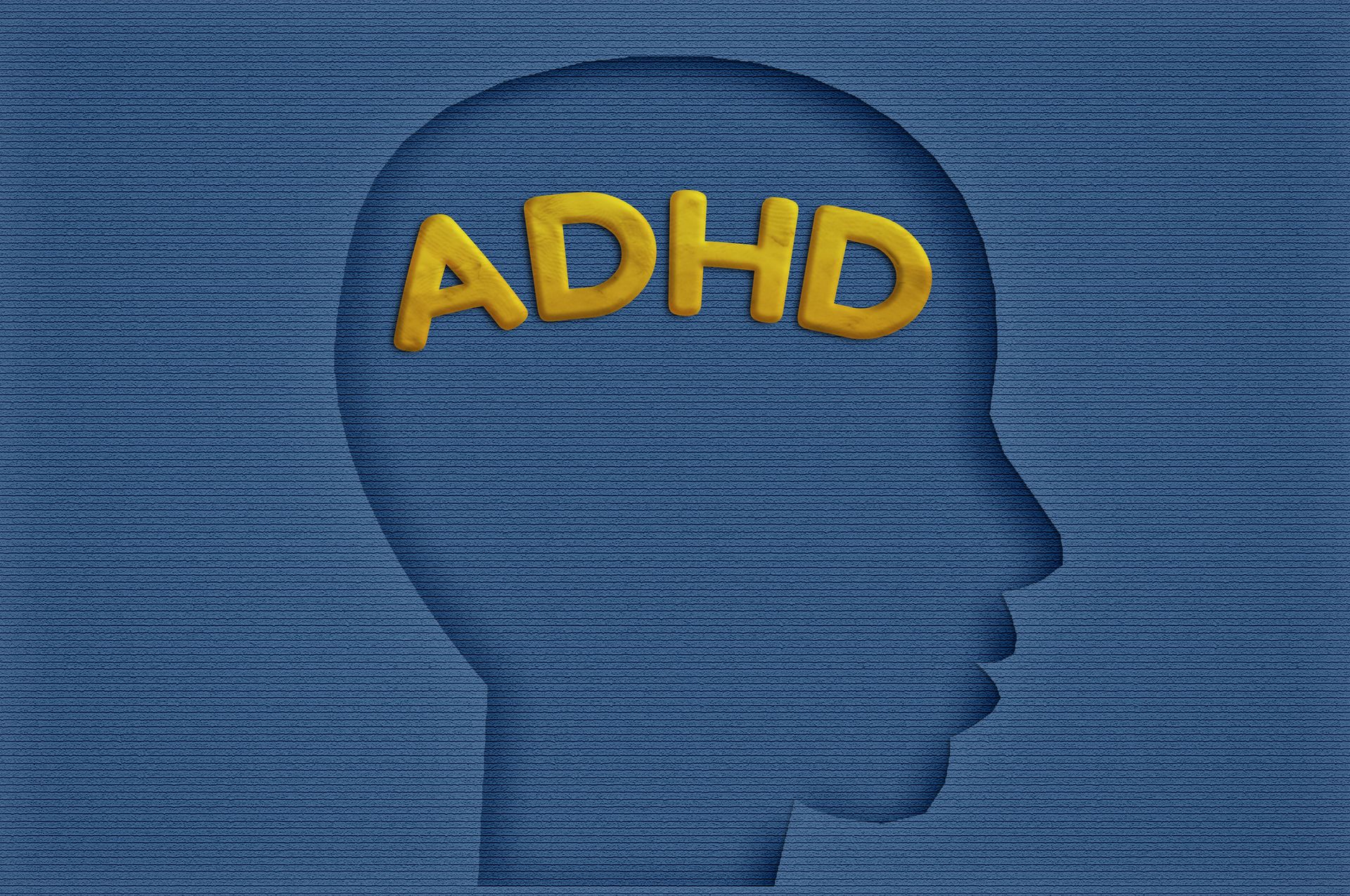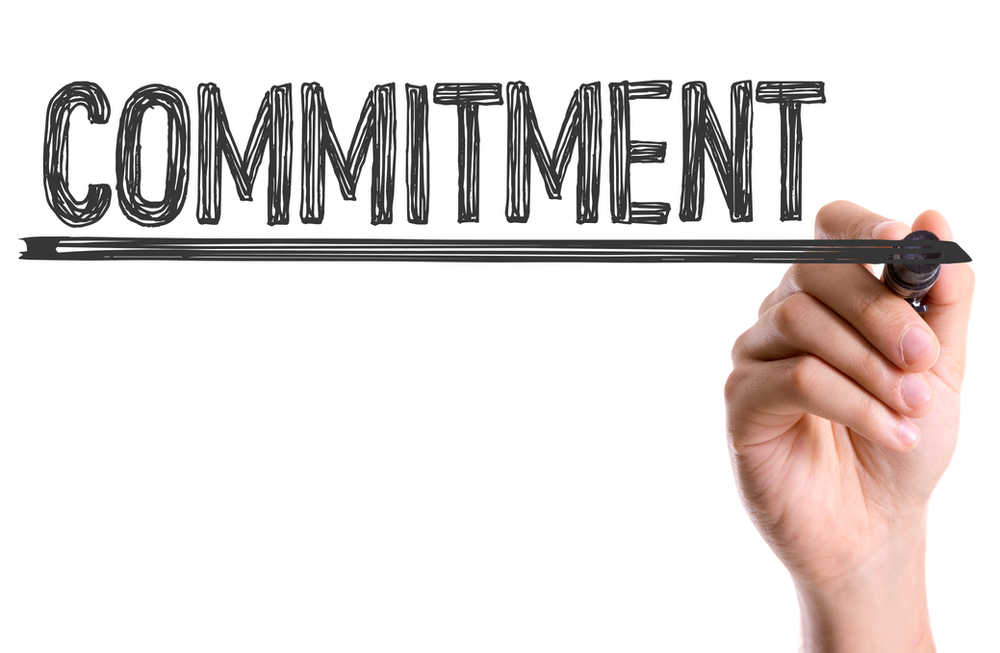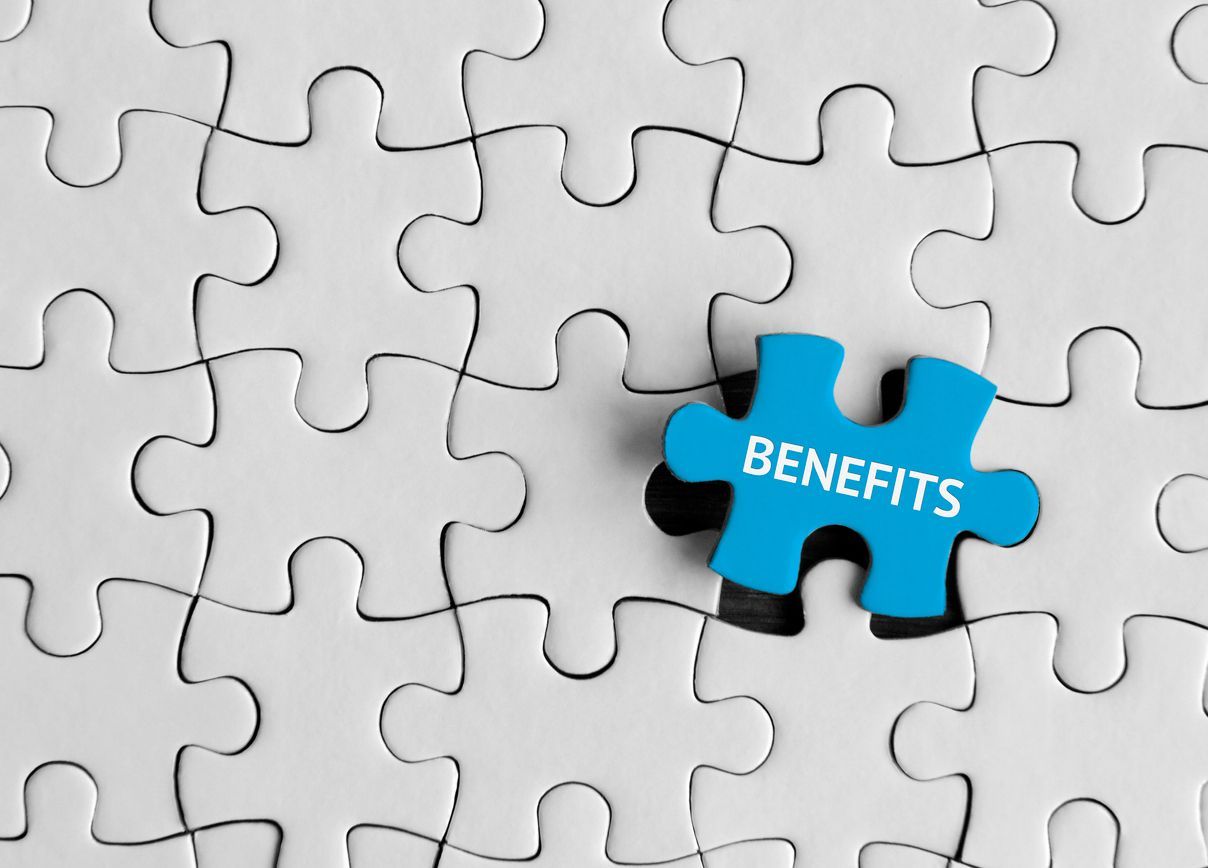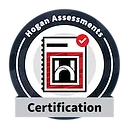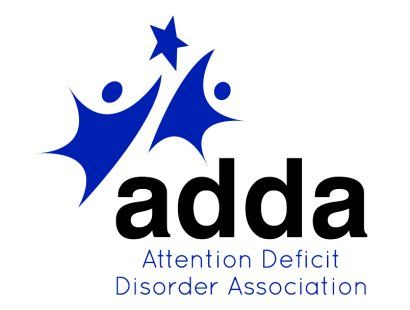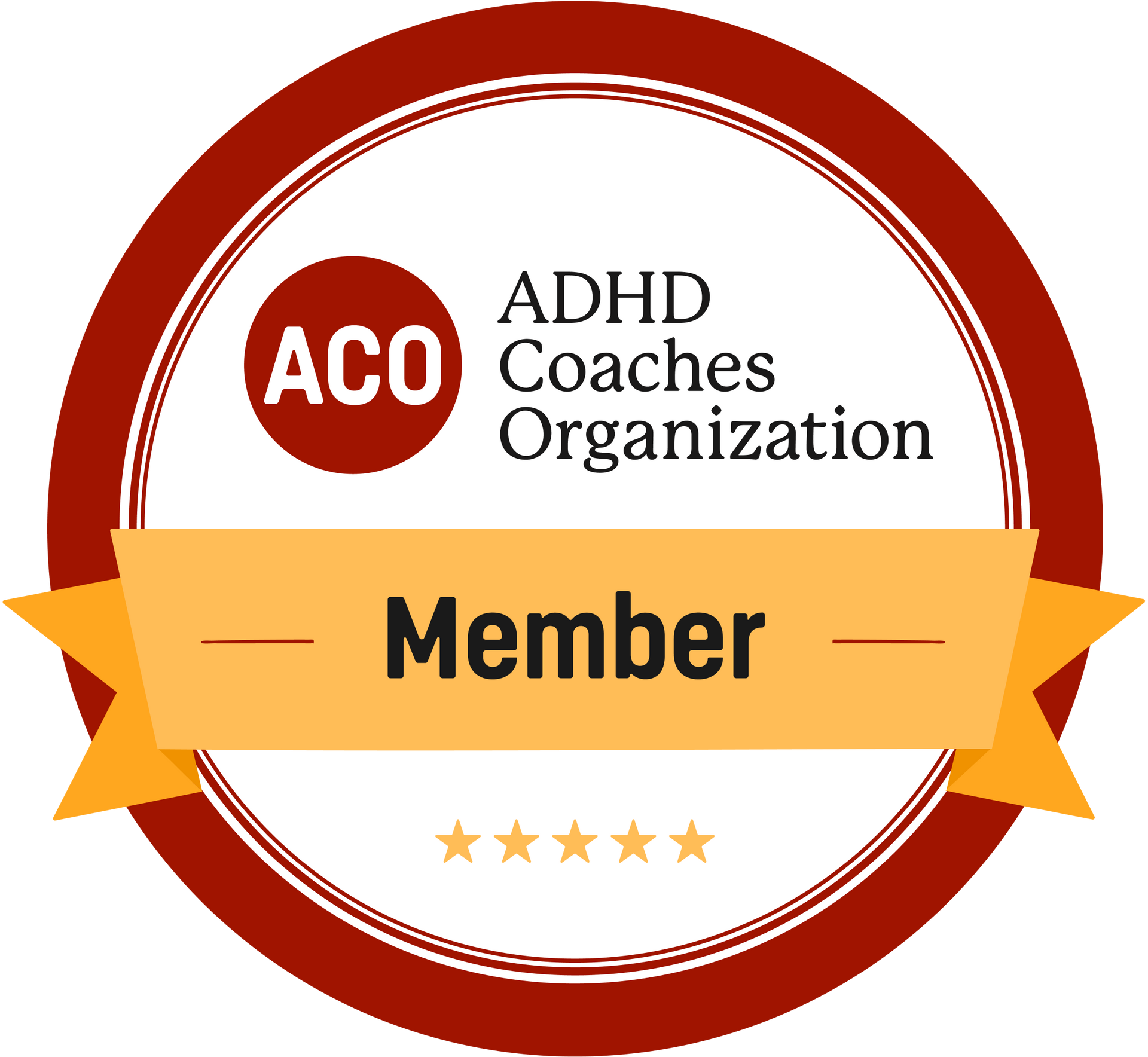My #1 Tool to Beat Impulsive Emotional Outbursts

Managing Emotional Control for ADD
Ever since I was a child, my father would know how to raise my blood pressure. My usual state of mind was either hyperactive or inactive. One thing he was absolutely sure of, I was always reactive. When I was afraid of trying something new, I would do anything to avoid it, unless… he dared call me CHICKEN! This was a consistent way of gaining my attention. In fact, if anyone dared call me chicken, I would impulsively retaliate with a sharp tongue, or a sharp knuckle. From my father's perspective, he could use reverse psychology to prepare me to face his challenge. My father reminded me of this while having breakfast. The topic of discussion was the delicate chemistry between me and my stepmother. His words reminded me that I was, and still am, easily excitable and that I have a fast trigger when it comes to reacting to an agitation.
I am still working on mastering, well maintaining, my emotional control. In doing so, I realize that treating this symptom of ADD is helping me overcome deep and personal barriers. When imagining this path to treating my self control, it is like I am heading down a ski slope that stops abruptly with a with a dead end or a cliff although I expected a nice finish line. Instead of crashing, I know where to stop. And thus, I get to hike back to the top of the mountain where I can see the clear path ahead. The most challenging part is that I like to go fast and I have endurance when I am excited. Today won’t be the day that this blog solves world wide problems for anger and mistrust. We will talk about how to face the struggle of regulation so that you create a sense of self security and emotional control.
Our Emotional Pitfall... Speed
A typical situation for many ADDers is to react first and sort out the bodies second. The repetition of this impulsiveness lands us in a familiar hot water. Over our lifetime, we have gotten used to the temperature of this dark stew. We seem to carry an extra bathing suit of defensiveness in preparation after impulsive behavior arises. Some see this response to shame as sensitivity, a defensive attitude, insecurity, that ADDers are resistant to critique and authority. We even hear a repetition of reactions that confirm that we, the ADDers, have lost another battle to an imperfect system of reactions.
The ADD population, may think that they feel what others feel when they feel heightened emotions, but that’s not true. Those that have ADD/ADHD, are feeling emotions more strongly. We have heightened sensitivity to all types of things; shiny lights, enriching or repetitive sound, itchiness, threats, the smell of buttery popcorn, and definitely rejection. Any outside influence on the body and mind, whether it is environmental, physical or emotional is called stimuli. Stimuli creates signals to our brain and when we have too many of them, we experience overwhelm and become very easily frustrated. Sometimes this frustration can be called flooding. This word provides a perfect picture for how the mind is feeling due to overstimulation. Meltdowns, tantrums, and regrets happen in this zone.
Inside the ADHD mind: The ADHD mind might believe it has enough information to have a solution. They may engage and confront the subject immediately, trying to end the conflict as soon as possible. It may seem impulsive and attention seeking as immediate confrontation provides some sense of control over the situation. They may feel that immediacy will soothe anxieties but may, in fact, can exacerbate the fresh emotions that are present.
During flooding, there are a variety of communication problems. The obvious, listening and speaking capabilities are delayed. Since processing and expression are slow, communication is unclear and frustrating for both parties. Memory lapse can occur and cause interruptions, which can stir up a separate issue of respect. Although the original intention may be to quell the misunderstanding or conflict.
For this next practice in self security, I want you to keep this phrase in mind:
You are the Only Person You CAN Control
In fact, you are the only single thing on this earth that you can fully control. I have never met you before, but this is a certainty. Now, I won’t say that self control is easy to master. Our goal is to bring awareness to your intentions, reactions and feelings, accepting the reality of a situation and taking responsibility for an opportunity instead of reacting upon emotion.
Ever annoy anyone? Every piss someone off? Have you ever made someone cry? The truth behind this ownership is that YOU didn’t make them do anything. Everybody is in control of themselves. You can’t make them angry, drive them crazy, and you can’t make them sad. Believe it or not YOU can’t even make someone Happy! AND your actions do NOT determine someone else's reactions. This is the foundation of emotional ownership. As hypersensitive as we are to sticks, stones and words, we are responsible for any reaction you commit to.
When you have a feeling that you say you can’t control. Remind yourself that nobody actually hurt you. They probably triggered a feeling you already had in you. You were already insecure about the topic and now you are reacting because you are exposed to a situation like failure, fault or fear. Take note, the trigger may not have anything to do with the way you feel. You have control over any feeling moving forward, despite how you might have felt in the past.
A broad example: Let us say that you become aroused after you realize that you don’t have control over what someone else says or does. Let’s dig into that initial excitement. First, label it just as excitement until you decide otherwise. You note to yourself that this arousal is different than actual feelings. It already feels better, doesn’t it? Labeling it like you were a social scientist and an unbiased observer removes you from the fear of being hurt. It removes the need to overreact by reacting quickly. This perspective even shows more of what is really going on in the storyline. This means clarity. What is even better, you have the ability to choose because you paused to reflect. Finally, something to battle an impulsive reaction.
Next, develop possible intentions for the person who initiated a trigger. Maybe they are being both critical and supportive. Maybe they are aiming at hurting because they want to share their own pain. However the case, we all have a choice of how to deal with own feelings. We can’t control their feelings. We can support our own. This may mean taking action, not taking action, being verbal or even... non-verbal. When we start establishing your sense of self control it is important to separate how you feel you should react, and the possibilities of how you can react.
Take a break from Emotional Energy
Once you have accepted this big idea that treating your ADD symptom of emotional sensitivity can be done, you will realize that your Emotional Energy is still present. It makes sense from what we know of physics.
Recap from 9th grade: Energy cannot be created or destroyed, although it can be converted, absorbed and conserved.
When you take a break from, or even reroute, this energy. Your molecules are actually settling and reshaping so that you can think clearly about the situation You are not avoiding, compartmentalizing or forgetting anything. You are engaging it, then giving your thoughts the space it needs, before taking action and creating a plan for closure.
When flooded with a range of emotions it's important to have an outlet. Exchange the build up energy for a release of energy in a positive way. This emotional/creative/productive outlet will help create a new mind-frame so that your perspective, sensitivity and attention will have a new environment to work with.
My #1 Tool to Beat Impulsive Emotions: Face your feelings with a journal.
After a conflict, we fight to remember the details in order to solve the problem. When we do this, we relive the trauma. We verbally or mentally process the situation, those with memory retention problems have 10 tv’s going on at the same time, all on different parts of the soap opera.
I am asking you to only relive this trauma once.
Dump your story on paper, word processor, typewriter or heck, a napkin. Go through the details and get them down on paper. What were you feeling at that time? Be a narrator and describe how did your thoughts changes with the action? What was funny about it?
Engaging the reality of the situation. What is actually going on? What are the intentions of the people around me that I am dealing with? What are my intentions? How did things get so far? How did my impulsivity play a part on this? How do I use my ownership to admit things that I need to in order to proceed?

Most importantly address what were you trying to say? What would you have said? What do you want to say in the future?
Throughout, avoid negative self talk since it does not improve the situation or create a solution. Your intention is to leave it all on paper, and eventually leave it behind you. Putting it down on paper stabilizes and clarifies your emotions. This can prepare you to mindfully present yourself to others, equipping your own mind to have a meaningful and well thought out dialogue when the time is right. Whether you journal, make notes, or write a nasty letter that you will never send… You no longer have to use your mental energy to remember the details. You stored it in 2 different places. One of those places is your emotional memory bank, which may be full and needed for other tasks.
The process of learning emotional control will entail failure, experimenting, risking vulnerability and addressing ownership. Although ADD comes with challenges, you are human first. And if it’s human to error, try giving yourself some slack and forgive yourself as if you were also human. That would be the humane thing to do.
Below are are some more ideas for positive breaks and outlets:
Start a project
- Fix something broken.
- Create something you have been wanting to do
- Clean up something that bugs you. It can help create the idea of partial control over your environment.
- Gardening
- Cook a meal
Change your physical scenery
- Take a small break to walk
- Find a place you have never been and explore
- Sit somewhere unconventional in your own home
- Change the room:
- Light a smelly candle
- Dim the lights
- Put on music
Hug something
- Your pet
- A friend
- A pillow
- Yourself!
- The person you fought with… maybe?
Change your physical state
- Breathing exercises
- Work out
- Dance with excitement
- Take a shower or bath, use calming soaps
- Tense and release each muscle from toe to head
- Stretch - Yoga or relaxing movements

